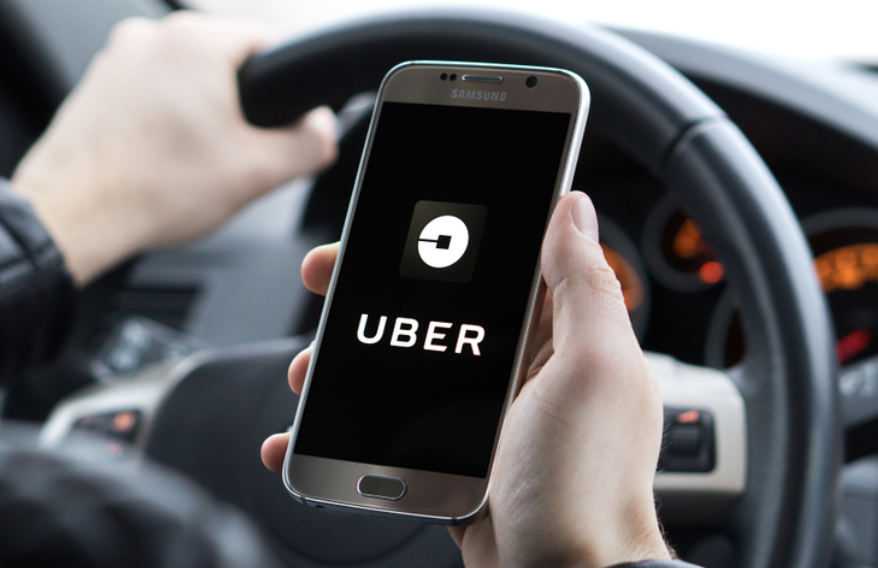Why Uber Is Suing New York City
This article is more than 2 years old

Uber Technologies is suing the New York City Taxi & Limousine Commission. The move comes as the city plans to raise the minimum wage for ride-share drivers by approximately 24% per mile. The company says the very drastic increase will damage the entire industry. The transportation outfit is also attempting to block the new rates which must be paid to drivers in the state by December 19th.
According to TechCrunch, the commission approved the first increase in metered fares on November 15th. It is the first pay raise for drivers since 2012 and includes a boost in per-mile and per-minute rates for Uber and Lyft employees. The lawsuit, filed in New York state court, said the ride-share company would be forced to spend a further $21 million to $23 million a month if the rule goes into effect.
Describing the rate increase as “dramatic and unprecedented,” Uber argues that it wouldn’t be able to recover unless it raised rider fares by 10%. “Such a significant fare hike, right before the holidays, would irreparably damage our reputation, impair goodwill, and risk permanent loss of business and customers,” the lawsuit said via Bloomberg.
The document also says the New York City Taxi & Limousine Commission suddenly switched to a volatile inflation index for a one-time increase that makes no sense. The decision was also labeled as a drastic departure from past practices or any rational approach. As such, Uber asked the court to issue a temporary restraining order and preliminary injunction to block the implementation of the rule pending a decision to block it entirely.
However, responding to Uber, Taxi & Limousine Commissioner David Do said the city must stand behind its workers who aren’t protected by traditional employment laws. “New York City leads the nation in protecting drivers and this important rule reflects that reality,” Do said via Bloomberg. He added that the Taxi & Limousine Commission is well within its legal authority to implement the rate hikes and will vigorously fight the Uber lawsuit.
The possibility of additional costs to be passed down to Uber customers comes at a time when transportation prices are at historical highs. According to data analytics firm YipitData, the cost of a ride was 37% higher in September compared to 2019. In November, Uber Chief Executive Officer Dara Khosrowshahi told Bloomberg the higher prices may be permanent.
While the legal battle might seem futile, Uber is known for challenging similar employee protection rulings in the past. Last year, a California superior court ruled Proposition 22 was unconstitutional and unenforceable. The 2020 proposal defined ride-hail and gig workers as independent contractors, not employees, and therefore not eligible for certain labor protections.
At the time, Uber filed an appeal to invalidate AB-5, California’s law on the employment status of gig workers, as unconstitutional and hoped to block its enforcement. Even if the transport company isn’t successful, the ongoing court battles essentially jam up the legal system, allowing the company to operate without making the required changes for employees.



